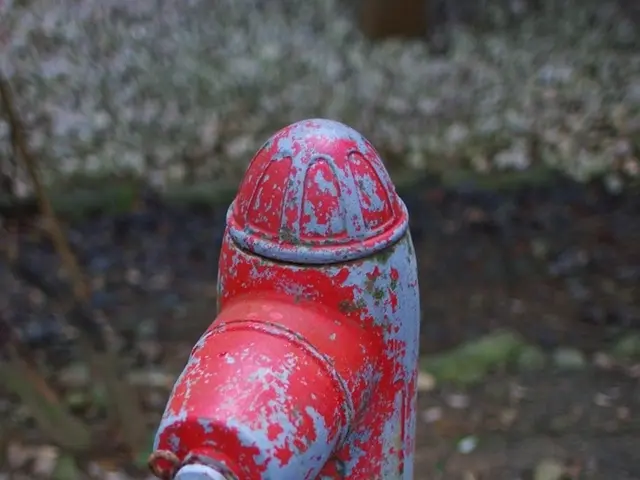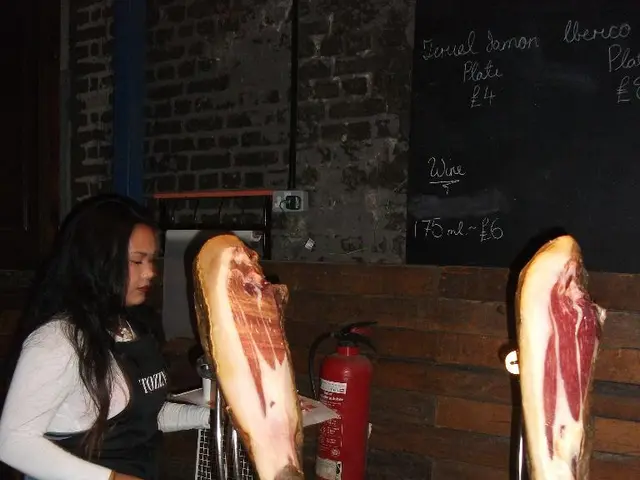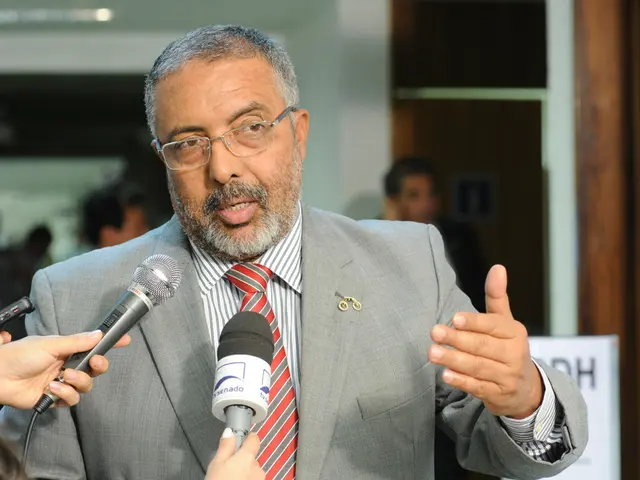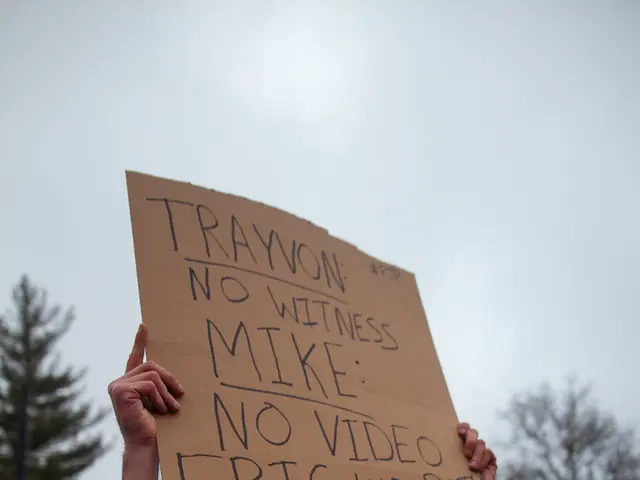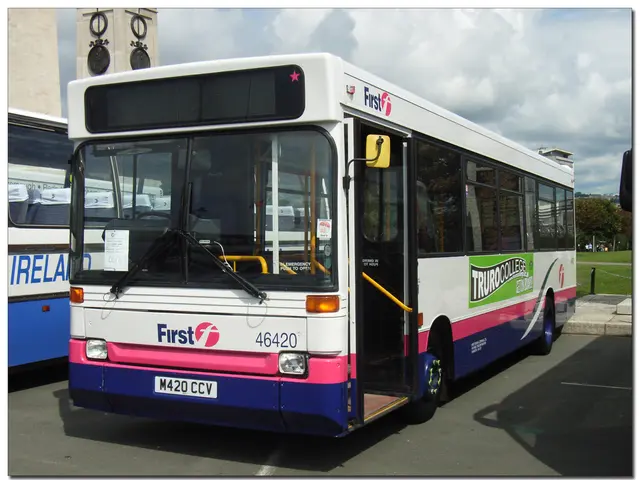Partylist Kabataan subjected to harassment in Davao
Harassment and Red-Tagging of Kabataan Partylist Volunteers Sparks Outcry
A volatile individual disrupted a house-to-house campaign by Kabataan Partylist in Matina Aplaya on April 23, 2025. Witnesses reported that the man tore campaign flyers and verbally assaulted volunteers during the encounter.
Kabataan Partylist-Southern Mindanao swiftly condemned the incident, stating it as a brazen attack on the youth. Their outcry underscores violations of Comelec Resolution 11116 Section 2, which specifically prohibits vilification, labeling, or guilt-by-association—as enforced by the Supreme Court in Deduro v. Vinoya.
The incident serves as a stark reminder of the persisting issue of red-tagging, a concern that thrives under the Marcos and Duterte administrations. Kabataan Partylist insists that the individual, had he wished to understand their platform, could have listened to volunteers expound on their aim for youth and social welfare—ranging from free college education to increased funding for education and social services.
Kabataan Partylist voiced their stance on national issues, including the abolition of confidential funds, calls for budget transparency, environmental justice, and the dismantling of the National Task Force to End Local Communist Armed Conflict (NTF-ELCAC). They remain vocal against red-tagging.
The youth were encouraged to stand firm, challenge the unfairness, and maintain the militant Filipino spirit, highlighting the importance of youth representation in Congress to propel a people- and youth-oriented agenda.
Anakbayan-Southern Mindanao echoed their sentiments, detailing the incidence as part of an orchestrated propaganda campaign against progressive groups. They denounced this as a tool of suppression, stifling critical thinking and breeding fear within communities.
The continued occupation of electronic spaces and verbal smears reinforce the chilling reality that red-tagging poses significant threats to human rights defenders in the Philippines, with particular emphasis on the younger generation and progressive groups.
Insights into the Persisting Issue of Red-Tagging in the Philippines
Red-tagging—labeling individuals as communist sympathizers without evidence—has persisted as a severe issue in the Philippines, under both the Duterte and Marcos administrations. It cultivates a climate of fear and intimidation, leading many human rights defenders to forsake their advocacy or self-censor online.
The practice can inflict psychological trauma beyond digital spaces and is often associated with state interference, employing digital tools and misinformation to attack activists. Recently, the Commission on Human Rights (CHR) has initiated a comprehensive inquiry on the subject, gathering data to formulate recommendations, while Amnesty International has released reports to highlight the devastating effects of red-tagging.
Under the Duterte administration, red-tagging expanded through the National Task Force to End Local Communist Armed Conflict (NTF-ELCAC), utilizing vague anti-terror laws and digital instruments to intimidate activists. Conversely, under the Marcos administration, red-tagging persists with a smaller scale compared to Duterte, maintaining the NTF-ELCAC while continuing to place human rights defenders at risk, making the Philippines one of the most perilous regions in Asia for such work.
- The persisting issue of red-tagging in the Philippines, under both the Duterte and Marcos administrations, has created a climate of fear and intimidation, silencing many human rights defenders.
- Red-tagging, as seen in the case of Kabataan Partylist volunteers in Davao, can inflict psychological trauma, leading some to abandon their advocacy or self-censor online.
- The practice often involves state interference, employing digital tools and misinformation to discredit activists, as demonstrated by the National Task Force to End Local Communist Armed Conflict (NTF-ELCAC) under the Duterte administration.
- Anakbayan-Southern Mindanao condemned the red-tagging of Kabataan Partylist volunteers as part of an orchestrated propaganda campaign against progressive groups, stifling critical thinking and instilling fear within communities.
- General news outlets and organizations such as the Commission on Human Rights (CHR) and Amnesty International have been monitoring and reporting red-tagging incidents, aiming to formulate recommendations and expose its detrimental effects.
- As the Philippines continues to grapple with red-tagging, the importance of justice, education, environmental justice, and youth representation in politics—as advocated by partylist groups like Kabataan Partylist—becomes increasingly significant in combating these practices and upholding human rights.



